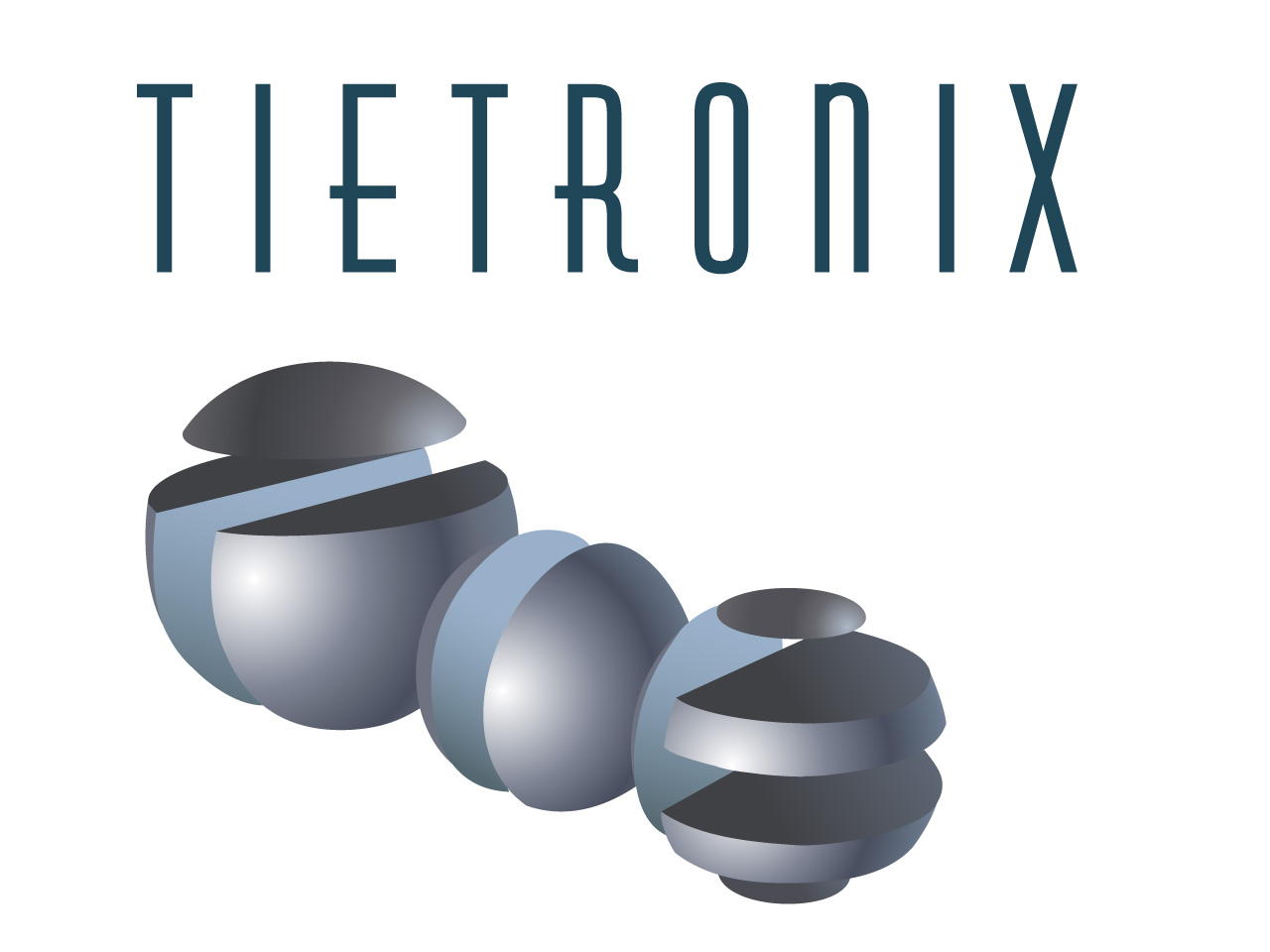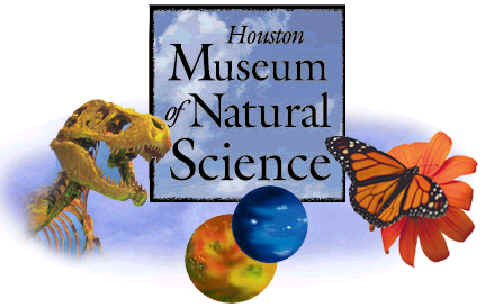
Game Development for PBL
The potential of GBL applications for achieving higher level cognitive learning objectives in educational settings is yet to be fully realized. For GBL to be more than an engaging tool for delivery of basic knowledge, it must be designed to achieve the goals of inquiry and Project-Based Learning (PBL) models. PBL achieves content mastery by using principles of constructivism, which is widely accepted as a good model for STEM learning. The challenge is to keep GBL engaging while incorporating inquiry strategies into game play. NCE demonstrated that this can be achieved through immersive micromanagement games that incorporate content mastery objectives into player strategies for advancement in the game's plot. Complexity introduced through evolving game scenarios can push players towards decisions based on content knowledge acquisition. Players can personalize their experience through the use of avatars and play a role in the execution of strategies within the game. Team play and competition can also enhance the PBL elements and increase cognitive outcomes.

GBL in Formal and Informal STEM Settings
NCE demonstrated the success of GBL in the classroom setting, but many avenues for research into the development of GBL applications and assessment of the full range of cognitive outcomes were left unaddressed. While NCE provides the confidence that SWEEET will be successful, it has also presented new opportunities for GBL applications and new challenges. Informal science settings provide a greater opportunity for GBL to reach a wider audience, but it is unknown whether GBL can be a successful format for STEM learning in informal science environments. SWEEET will study the unique challenges the informal science environment presents for GBL, and explore opportunities that ISE provides for GBL learning strategies. We will also study how collaborations of STEM professionals and institutions can be leveraged most effectively for game development and implementation.
